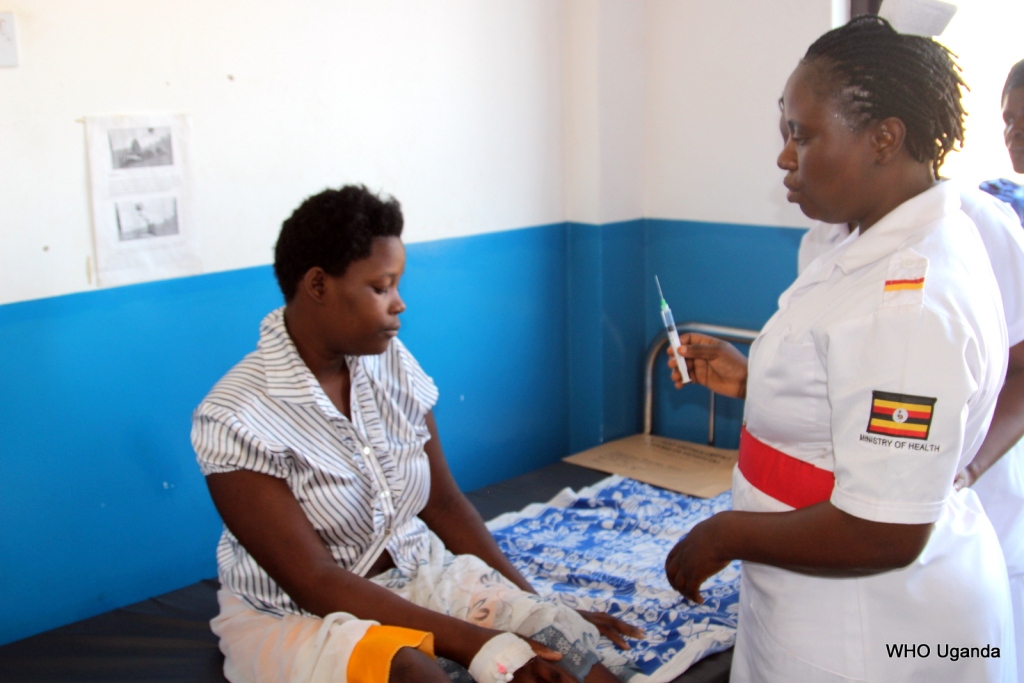The World Health Organisation (WHO) and the World Bank have released the 2023 Universal Health Coverage (UHC) Global Monitoring Report. This report shows that the progress towards providing quality, affordable, and accessible healthcare worldwide is slow.
Uganda has made some improvements, but over 50% of its population still does not have access to Universal Health Coverage services.
Uganda has performed well in areas such as diabetes prevalence, tobacco non-use, HIV Anti-retroviral therapy, TB treatment, and child immunization (DTP3). However, it has faced challenges in health workforce, health bed density, hypertension treatment, and access to basic sanitation.
On average, Uganda’s Universal Health Coverage service coverage index (SCI) score has improved from 22 in 2000 to 49 in 2021, according to the report.
This report, released ahead of the High-Level Meeting on UHC at the 78th United Nations General Assembly, highlights that more than half of the world’s population still lacks essential health services. Additionally, 2 billion people struggle with financial hardships when paying for necessary healthcare.
Dr. Tedros Adhanom Ghebreyesus, WHO Director-General, emphasized the importance of accessible healthcare, stating that it not only impacts people’s health but also the stability of communities, societies, and economies. He called for stronger political will, increased investments in health, and a shift toward primary healthcare.
The report revealed that in the past two decades, less than a third of countries have improved health service coverage and reduced catastrophic out-of-pocket health spending. Most countries are off-track in either service coverage, financial protection, or both.
Mamta Murthi, Vice President for Human Development at the World Bank, highlighted the financial hardships faced by the poorest and most vulnerable individuals and called for prioritizing health in government budgets.
Progress in health service coverage has slowed since 2015, with no improvement from 2019 to 2021. While services for infectious diseases have improved since 2000, there has been little progress in noncommunicable diseases and reproductive, maternal, newborn, and child health services. In 2021, more than half of the global population was not fully covered by essential health services.
Catastrophic out-of-pocket health spending continues to rise, affecting over one billion people, with approximately 1.3 billion individuals pushed into poverty by such payments.
To achieve universal health coverage by 2030, substantial public sector investment and accelerated action by governments and development partners are essential. This includes reorienting health systems toward primary healthcare, promoting equity in healthcare access, and investing in robust health information systems.
The 2023 UHC Global Monitoring Report underscores the urgent need to prioritize and invest in universal health coverage to ensure that everyone can access quality, affordable healthcare without facing financial hardship.



















